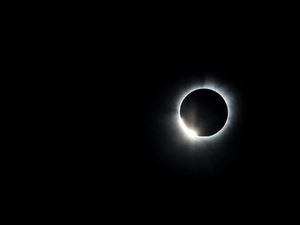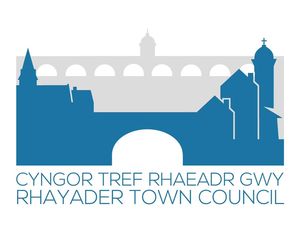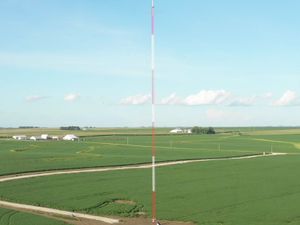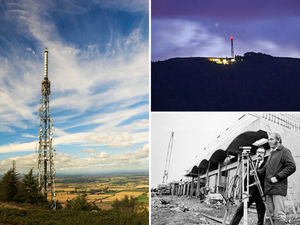Researchers have composed a soundtrack to help blind people experience the US solar eclipse
The music will be added to in real time as the eclipse progresses.

A team of researchers are helping blind people to join in the natural phenomenon of the solar eclipse, due to be visible in the US on Monday.
The Georgia Tech Sonification Lab has used drums, synthesised tones and other sounds to symbolise the movements of the sun and moon, and the gradual darkness they will produce when they cross.
The soundtrack is nine minutes long, and involves a build-up of sound, which slows to near silence apart from the sounds of crickets and a metallic drum beat. The volume and intricacy of the music then increases as the eclipse ends on a hopeful tone.
The piece is not yet finished, however. Although a base recording of sound has been made, on the day the team will use live data to add more musical instruments to the existing piece.
Graduate Avrosh Kumar, who was involved with the project, interviewed two blind people, one of whom had seen an eclipse before losing their sight, to better gauge how the music might translate the feeling of viewing an eclipse.
“There are so many things during an eclipse that you can attempt to translate through audio,” said Kumar, who recently received his master’s degree in music technology.
According to the US National Federation of the Blind, up to 10 million Americans are blind or visually impaired, so this soundtrack could help many people join in.
“Our main motive was to use music and sound to demonstrate what’s going on in the sky,” Kumar added.
“At the same time, we wanted to create a pleasing, dramatic composition. It was a fine line to walk in order to achieve both goals.”
The team based their calculations on the eclipse as it would appear in Hopkinsville, Kentucky. The city is on the centre line of the eclipse and the sun will be totally obscured there for two minutes and 40 seconds.
AT&T, which commissioned the work, will play it to a visually-impaired attendee in the city in real time to help them experience the event.





